As a flute player in the Army band for nearly 10 years, Amanda Burns loved being able to bring the gift of music to others while deployed to Iraq.
“Our concert band was playing in the communities for the Iraqi people,” said Burns. “The most musical and soulful work was being able to connect with people who thought we were the enemy. You can connect with people through music in a way that no other way transcends. It was incredible.”
In addition to her musical mission, Burns also had other assigned duties, including overseeing trash disposal in the burn pits. At the time, Burns didn’t think anything of the burn pits. It was just part of life on the base.
“While I was there, I was coughing more and more. We all were,” she said. “It was dusty and dirty there, so I just wrote it off.” Little did she know the exposure to airborne toxins from the burn pits caused permanent injury to her lungs. After returning from deployment, Burns could no longer play the flute professionally. She decided it was time to leave the Army.
“Being a military musician was a large part of my identity. When I returned from deployment, I knew I had to find a new career path,” she added.
Finding a new career after the military
Burns used VA’s G.I. Bill and vocational rehabilitation (now known as Veteran Readiness and Employment) to go back to school.
After changing her major four times, her ah-ha moment came when she remembered how her aunt received occupational therapy while recovering from a spinal cord injury back in 2004. During her aunt’s in-patient rehab, Burns was in the room with her aunt when the occupational therapist came in for the initial assessment.
“I remember saying to the OT, ‘You think she’s going back to work?’ The OT told me, ‘No, no. We are here to help your aunt be as independent in the activities that are most meaningful to her.’ I stayed in the room and just listened. The OT was the first person where the tone of the assessment was more hopeful. It was more focused on how to get her back to doing what she wanted to do and the things she can do. It made an impact,” Burns said.
Contrary to popular belief, occupational therapy is not about finding a job. It’s about getting the patient back to doing the things they need to do and want to do. Occupational therapy is about helping a patient maintain or regain function and independence in their everyday activities.
“OT helped my aunt focus on what she could do as opposed to what she lost, and it provided a meaningful pathway for me to channel my personal experiences into a way to help others,” Burns said.
Suddenly, it all clicked, and Burns went on to become a licensed occupational therapist at the American Lake VA Medical Center.
“I knew I wanted to work with Veterans before I knew I wanted to be an OT. OT has changed my life in ways that I could never have imagined, and it is truly the best decision I have ever made. There’s no better place to be an OT than VA because we get to provide our Veterans with the resources and equipment that we recommend to them, unlike the private sector. Once I started working here, it truly felt like this is where I’m supposed to be.”
Burns has begun taking flute lessons again and is re-learning how to play despite her lung injury. “That’s me OT-ing myself. That’s me finding what was meaningful to me and reengaging with an activity that makes me come alive,” she said.
VA Occupational Therapy Services
VA OT providers are clinical experts in helping Veterans perform the everyday activities or occupations they need and want to do. Through holistic, Veteran-centered evaluation and treatment, VA OTs support Veterans’ engagement in everyday activities that affect their physical and mental health and well-being to help maximize each Veteran’s independence.
Learn more about VA’s occupational therapy services or talk to your VA health care team about occupational therapy today.
Topics in this story
More Stories
Mann Family Dinner episode discusses resources to address many of life’s challenges through VA’s Don’t Wait, Reach Out campaign.
Teenager Mason Michaelson wanted to auction rabbits. His grandfather, a World War Two Veteran, suggested he give back to Veterans.
Veteran Reynolds Tomter, an inductee in the Hall of Heroes, served in the Merchant Marines in WWII.

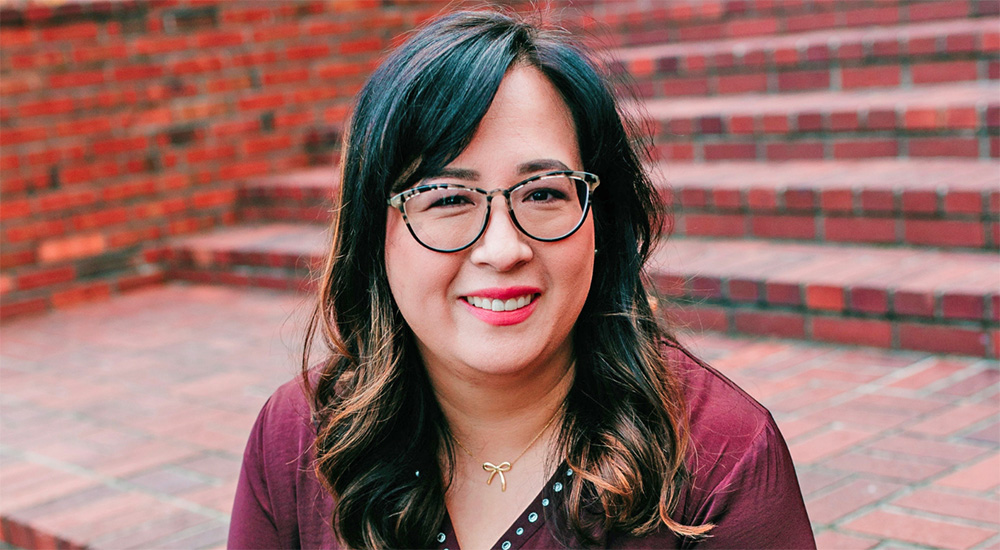
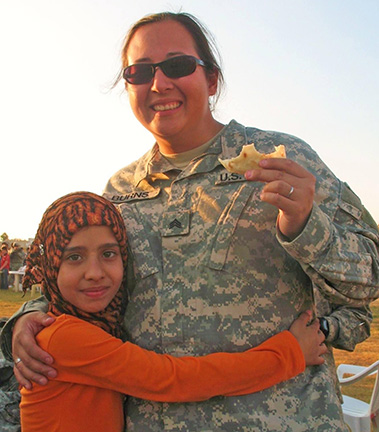
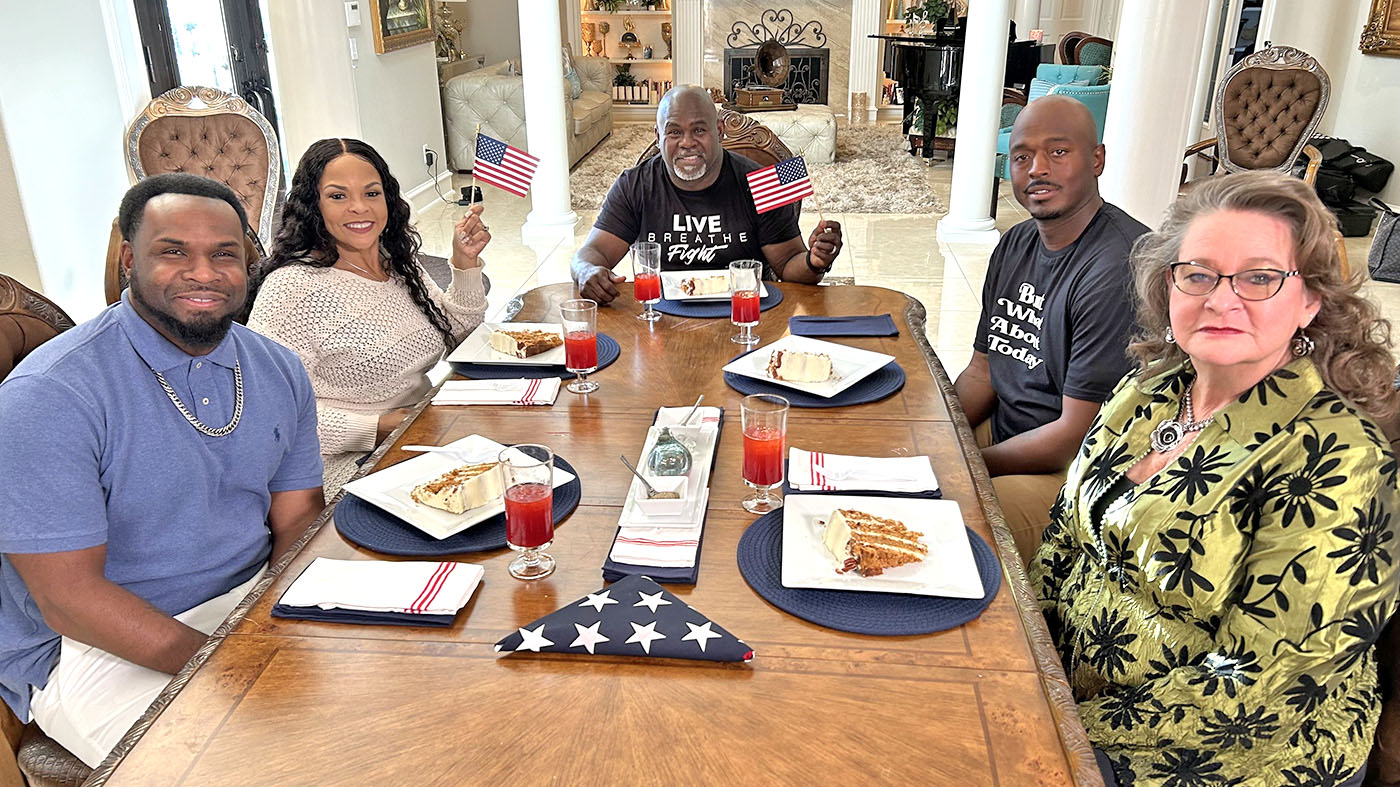
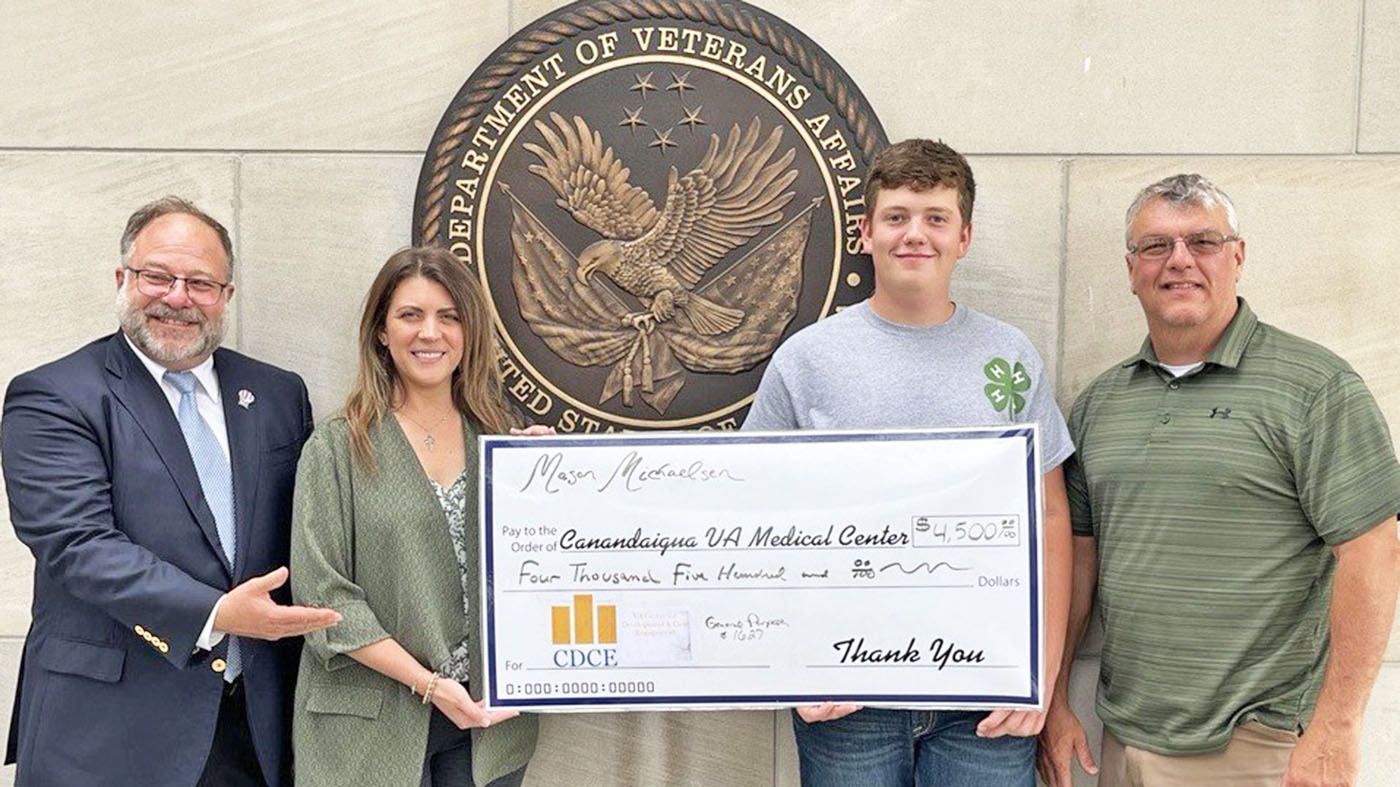
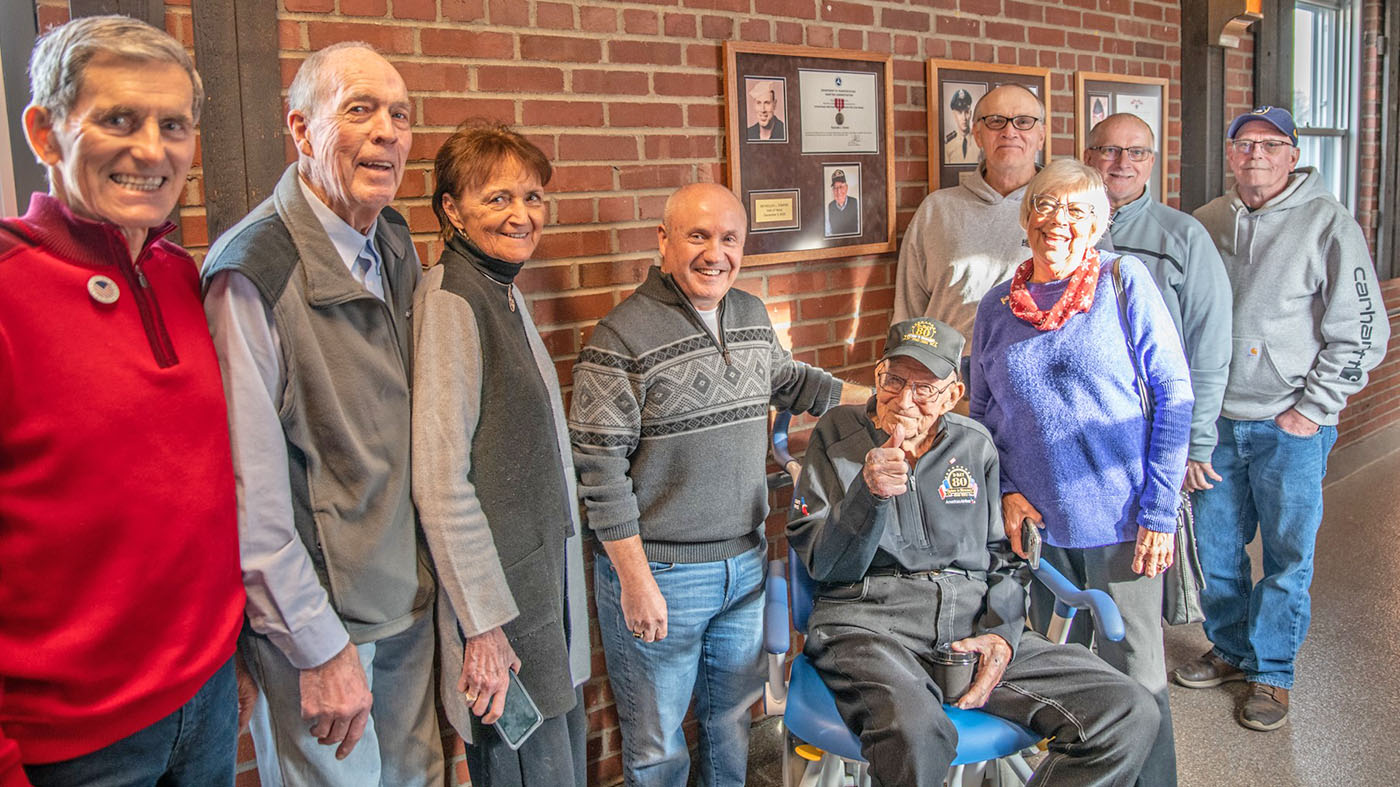


This article was very helpful in my situation
Wonderful! I was a French hornist in The United States Army Band (TUSAB) at Arlington National Cemetery, which fortunately was one of the few stable duty positions in the military. I discovered occupational therapy at Walter Reed shortly before I was medically retired, utilizing Chapter 31 benefits to complete a masters degree in OT. I worked primarily in pediatrics, ending my 27-year career in DODEA at Fort Bragg, serving the children of active duty soldiers.